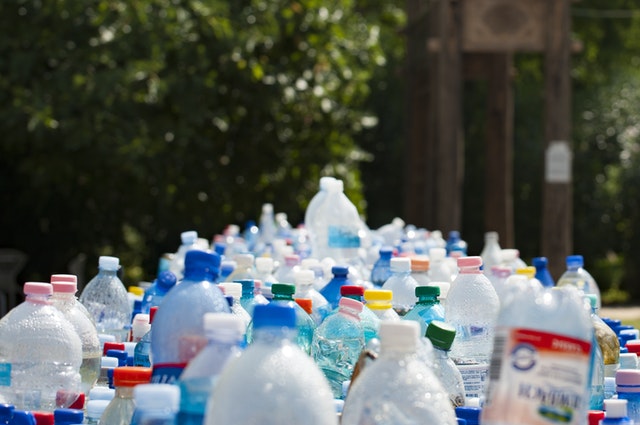This brief article will tell you why it is not advisable to purchase plastic bottled water once again. The product is cheap. This container is reusable. Besides, the water looks 100% uncontaminated. Online statistics revealed that Americans all over the United States buy around 29 billion plastic bottles annually.
However, only out of the six is recycled resulting in a big problem because these objects don’t have the capacity to biodegrade. It will take a thousand years for just one bottle to decay leaking toxins into the soil and oceans. Thus, hazardous waste dumps overflow with approximately two million tons of unwanted plastic bottles. This scenario produces a great environmental hazard and huge waste of essential resources.
Aside from this grim development, there are reasons why it’s about time to do away with these harmful plastics.
BPA
The acronym means “Bisphenol A”, an industrial chemical used in manufacturing polycarbonate plastics as well as epoxy resin substances for more than 50 years. This type of plastic is a main component in containers made for storing food items and beverages like water bottles. Epoxy resin serves as coating for metal product interiors including bottle caps, food cans, and water supply lines.
According to research, BPA leaks into food or drinks from containers made with this chemical compound. Exposure has become a serious concern due to adverse effects of Bisphenol A on our brains, prostate glands of fetuses, babies, and kids, and human behavior. Researchers also found a possible connection between BPA and high blood pressure.
Ironically, the Food and Drug Administration released an official statement that Bisphenol A is considered safe at significantly low levels in certain food products. The agency claims it continues to evaluate the effects of BPA and supports current research. Consumers should consider the following factors:
- Check items marked as BPA-free. Keep in mind that some plastics with recycle codes (3 or 7) may have been manufactured with BPA.
- Reduce the use of cans because most of these tin containers have resin linings that contain BPA.
- The National Institute of Environmental Health Sciences under the National Institute of Health (NIH) cautions against using microwave polycarbonate plastic. It may break down due to wear and tear causing the BPA to saturate foods.
- Find alternatives like stainless steel, glass, and porcelain for hot food and liquids rather than plastic containers.
Pollution from Plastic Bottles
Aside from BPA, consumers must be made aware of the pollution that plastic bottles can produce. These plastic containers originate from the petroleum byproduct known as PET or polyethylene terephthalate which require large amounts of fossil fuels for production and transport. It is difficult to recycle plastic.
In short, these objects end up in dumpsites spreading hazardous chemicals in the ground or lying around everywhere as garbage. It takes an entire lifetime for plastics to decompose. For bottled water, the process of producing plastics entails at least two gallons of water for purifying a single gallon. The FDA sets standards for bottled water. The Environmental Protection Agency takes care of standardizing tap water.
Consumption of Plastic Water Bottles
According to reports, Americans open at least 1,000 plastic bottles every second and throw away 60 million of these containers in one year. They discard 35 billion empty bottles yearly with only 12% recycled. More than 50% of thee plastics thrown in household trash bins are not recycled. Americans drink over 30 gallons of bottled water annually.
This figure represents ½ of what one person needs for one year in a society where around 780 million people cannot access clean drinking water. While the United States covers less than five percent of the global population, this country consumes over 25% of natural resources and generate approximately 30% of contaminants and garbage.
What can we do to address pollution from plastic water bottles?
Get rid of this bad habit. Opt for reusable stainless-steel flasks acknowledged as 100% BPA-free for your benefit and that of our ecology. Or, buy a water filter that you can keep inside the fridge to refill the reusable flagons every morning. Contribute to promoting awareness about plastic bottles as well as the dangerous consequences of using Bisphenol A. Educate your kids about the positive effects of using recyclable water containers instead of the dreaded PLASTIC and their vital role in helping preserve the environment.


Leave a Reply